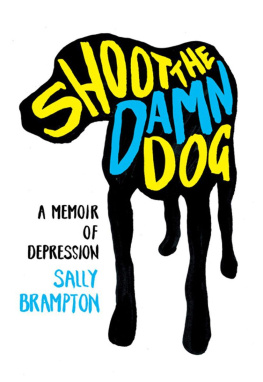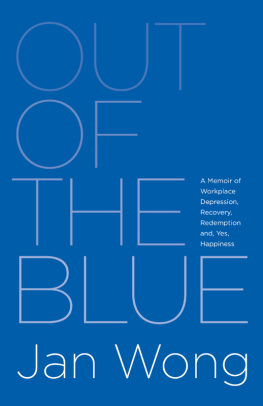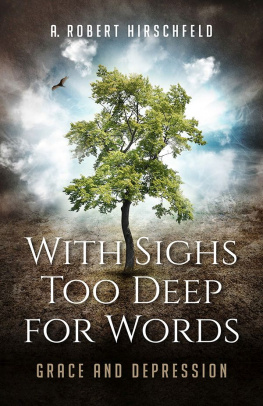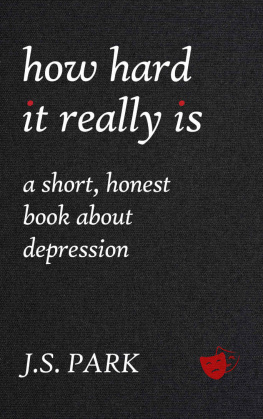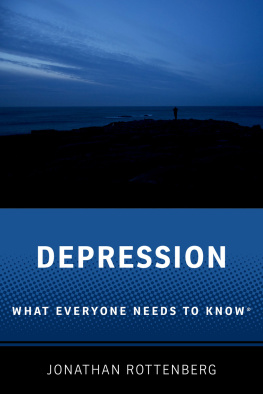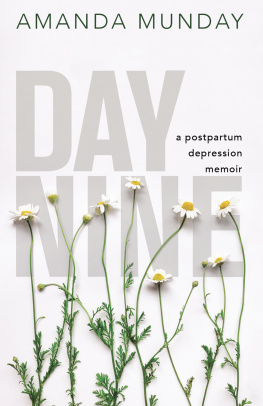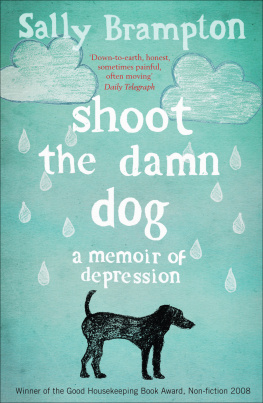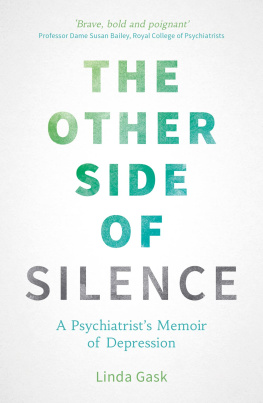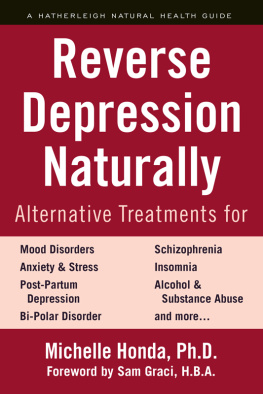W. W. NORTON & COMPANY
For information about permission to reproduce selections from this book, write to Permissions, W. W. Norton & Company, Inc., 500 Fifth Avenue, New York, NY 10110
Shoot the damn dog : a memoir of depression / Sally Brampton.
1st American ed.
p. cm.
Includes bibiographical references.
1. Brampton, Sally, 1955 Mental health. 2. Depression in womenPatientsGreat BritainBiography. 3. Fashion editorsGreat BritainBiography. I. Title
W. W. Norton & Company, Inc.
500 Fifth Avenue, New York, N.Y. 10110
W. W. Norton & Company Ltd.
Enjoy when you can, and endure when you must.
Happiness is a how, not a what; a talent, not an object.
You desire to know the art of living, my friend? It is contained in one phrase: make use of suffering.
Introduction
Dont Look Down
The mind is its own place, and in itself, can make heaven of Hell, and a hell of Heaven .
John Milton
This is a memoir of depression. It is also my story, because I believe that we learn through stories.
We learn that we are not alone.
My story is no better or worse than the next persons, just as my depression was no better or worse, although it felt like it at the time. I thought I had no hope of ever making it back to that place I called life. I thought, too, that I was the only one who felt that way. Depression feels like the most isolated place on earth. No wonder they call it a disease of loneliness.
If you are reading this book and you feel that way too then you are not alone. I understand how you feel. I think that anyone who has suffered from even mild depression understands how it feels. Yet we forget that others understand our suffering. We withdraw, isolate or shut down completely. We lose ourselves in our selves, and in the illness.
It doesnt have to be that way. If we connect with even one other human being who truly understands, we take one step out of the illness. Life is about connection. There is nothing else. Depression is the opposite; it is an illness defined by alienation. So I offer this book by way of connection. I offer it too, as a source of hope. I hope that by sharing what I was like, what happened and what I am like now, that it may bring somebody else comfort.
I am not an expert, except by experience. For nearly four years, I lived with depression, day and night. I thought I would not make it through. I thought, without wishing to be dramatic, that I would die. I wanted to die. At one time it was all I wanted.
It is not something to regret, or to be ashamed by. Wanting to die (or suicidal ideation as the experts would have it) goes hand in hand with the illness. It is a symptom of severe depression, not a character failing or moral flaw. Nor is it, truly, a desire to die so much as a fervent wish not to go on living. All depressives understand that distinction.
I no longer want to die. I am well. I would go so far as to say that I am happy. They say that happiness cant be measured. Perhaps not. Like depression, it is unique to the person. But just as we can encourage depression to recede, so we can encourage happiness to emerge. To begin with, I had no idea where to look. My training in the art or experience of happiness was intensely poor. The last place I thought I would find it was in myself.
My recovery was slow. I felt like I was learning to walk again. Very often, I tripped and stumbled. Some days, I could not manage more than a few steps. But every day I tried and slowly I clambered out of that pit of total despair. There are no miracles. Getting well, and staying well, takes time, dedication and full attention. It means taking responsibility for our own emotional health and happiness. It requires rigorous honesty and constant self-examination. It needs humility, patience and willingness. It sounds like hard work, and it is. But it is nowhere near as hard as living with severe depression.
You might say that this is a spiritual book. In some ways it is. It is a spiritual book, written by an atheist. As a recovering alcoholic once told me, Religion is for people who dont want to go to hell. Spirituality is for people whove been there.
I make no apology for that. You can take from it what you need and leave the rest. In my own recovery from severe depression, I have drawn on various disciplines from modern therapy, through Buddhism to the Twelve Step programmethe spiritual approach practised by Alcoholics Anonymous. I have taken help from psychiatrists, therapists, friends and perfect strangers. I have discovered comfort in literature, science, and gardensmost particularly, my own.
It is also a practical book, inasmuch as it offers ideas about what might work. There are no promises, only suggestions. In my travels through depression I have tried eating in certain ways and swallowing handfuls of vitamins, amino acids and essential fats. I have done yoga, massage, meditation, homeopathy, acupuncture and bioenergetic feedback. I have had healers standing over my head, drawing bad energy from my neck, and others describing angels at my table. I have tried every form of therapy and read every book on depression I could lay my hands on. Certain phrases, from spiritual leaders, poets and writers, I have muttered like mantras, hoping to absorb serenity by sheer repetition. It does not all work, of course, but some of it does and about that I can tell you. Again, you can take from it what you like and leave the rest.
As to whether the depression will come back, it is every depressives fear. It might. It might not. I have no way of knowing. I still get low but I have discovered that if I can meet that difficulty, I can go some way to heading it off. The most important thing is not to become trapped in fear. Depression is a paralysis of hope. One thing I know is true. Try never to abandon hope for if you do, hope will surely try to abandon you.
So here is my story. It travels here and there in time. Sometimes, it goes backwards because, as the Danish philosopher Sren Kierkegaard pointed out a few hundred years ago, Life must be understood backwards, but it must be lived forwards. He also said Dont forget to love yourself, for which I rather love him. My story stops too, now and then, to give direction or, at least, useful ideas. It is not neat or tidy but then, neither is my mind. And nor, as it happens, is a life.
It starts on the morning of my fiftieth birthday. It seems like a good place to start. Every day without depression is a good place to start.
I wake early and sit in bed with a cup of tea and think. Not about anything in particular, it is my way of untangling the chaos in my head and establishing a sense of peace and order for the day ahead. I do this every day for half an hour, and then I meditate for twenty minutes. Its a routine Ive got into since I was ill. I dont know how or why it works. I just know that it does.
My bedroom is white and filled with light, with French windows leading straight on to the garden. The light is important to me; it fights the darkness in my head.

